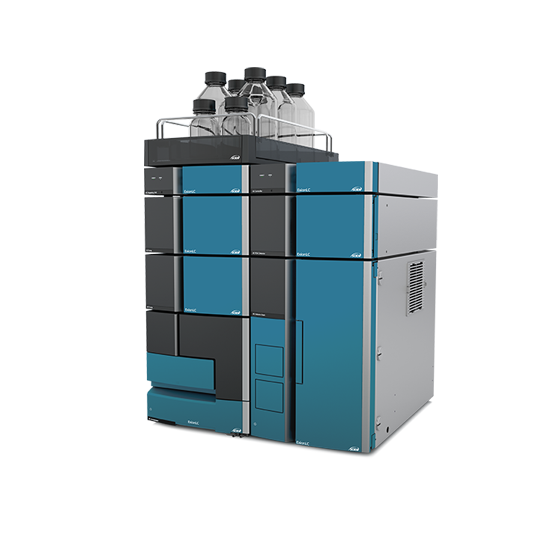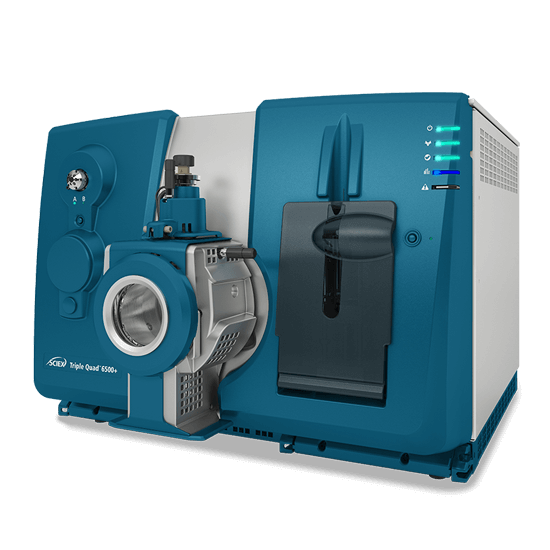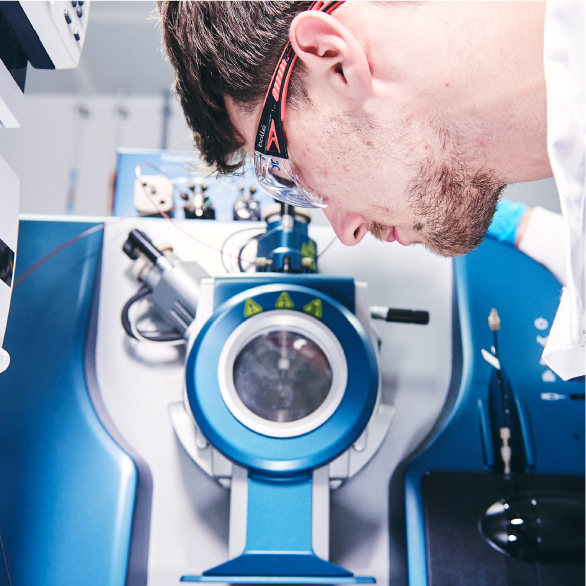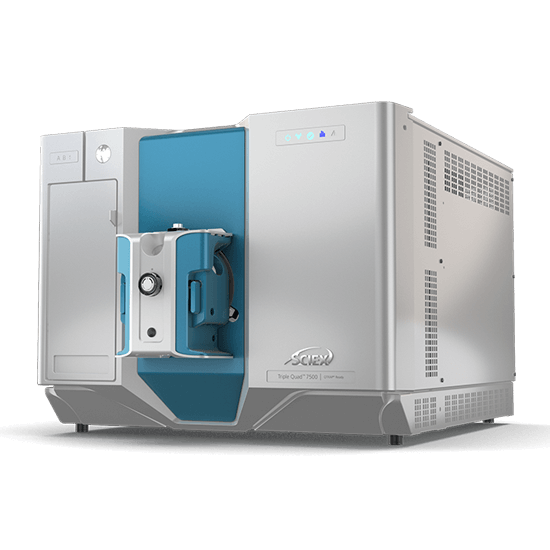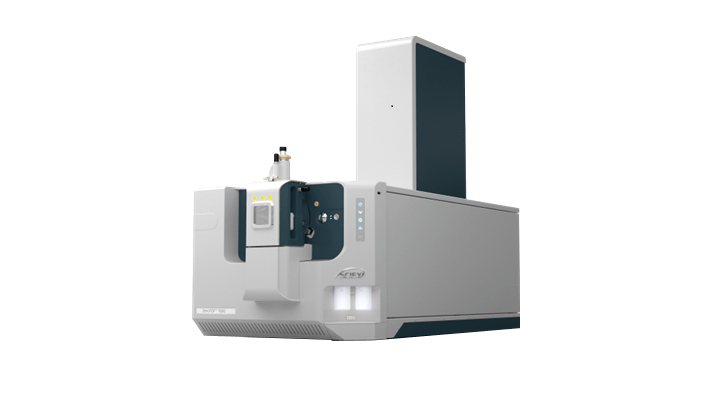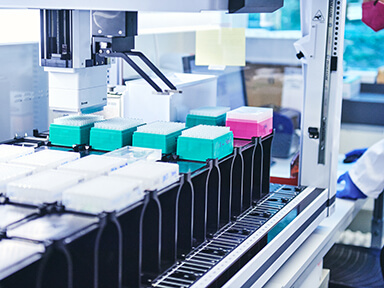Overview
Confidently complete your ADME-Tox and DMPK studies across all drug development phases with dependable instruments run on intuitive, compliant-ready software. Fit-for-purpose LC-MS solutions enable pharmacokinetic parameter monitoring in complex matrices with excellent sensitivity and robustness, even for low-dose, highly potent drugs.
Workflow
ADME-Tox studies
Breeze through your routine ADME-Tox studies using highly sensitive and robust LC-MS solutions that have been designed to meet your team’s needs. Simplify monitoring of ADME-Tox parameters, even for highly potent drug substances in complex matrices, with compliant-ready SCIEX OS software.
-
Perform ADME-Tox studies with confidence using compliant-ready software
-
Achieve reliable and sensitive bioanalytical data using fit-for-purpose LC-MS solutions
ADME-Tox studies
Solution
- Easily transfer methods when more sensitivity is required
- Complete regulated and non-regulated ADME-Tox studies at any phase
Featured resources
Observe a selective, sensitive and reproducible bioanalytical method for quantitation of fluticasone propionate in human plasma with a sub-picogram level LLOQ that is suitable for use in regulated bioanalytical laborator
ADME-Tox studies
Solution
Featured resources
Discover a sensitive method for the quantitation of the highly potent orally inhaled drug, formoterol, in human plasma. Highly reproducible performance was achieved with linearity demonstrated at concentrations ranging from 0.05 to 100 pg/mL.
Workflow
DMPK and Bioanalysis studies
Achieve robust DMPK and bioanalytical data with access to a range of integrated solutions that deliver reliable and trustworthy performance, even for highly potent and low-abundance compounds in complex matrices. Help ensure collection of reliable data using compliant-ready software backed by a team of technical experts ready to support your needs.
-
Achieve robust and sensitive performance, even for low-abundant compounds
-
Gain access to a trusted team of technical experts
-
Compliant-ready software
DMPK and Bioanalysis studies
Solution
Featured resources
See how a simple liquid-liquid extraction sample preparation protocol is used for accurate, reproducible, low-level (0.05 pg/mL) quantification of formoterol in human plasma.
Learn more about the potential for high levels of robustness and repeatability in bioanalysis, demonstrated with two challenging samples and using 4,000 continuous injections of a rat liver homogenate.
DMPK and Bioanalysis studies
Solution
- Analytical flexibility allowing quan/qual work
- Bioanalyses requiring additional selectivity or a high mass range
Featured resource
Uncover how an orthogonal fragmentation technique provides complementary MS/MS spectral data, allowing rapid, software-aided characterization and identification of low-level metabolites in support of drug metabolism studies.
All resources
See how a simple liquid-liquid extraction sample preparation protocol is used for accurate, reproducible, low-level (0.05 pg/mL) quantification of formoterol in human plasma.
Learn more about the potential for high levels of robustness and repeatability in bioanalysis, demonstrated with two challenging samples and using 4,000 continuous injections of a rat liver homogenate.
Review a highly sensitive, rapid LC-MS/MS method for simultaneous quantitation of two highly potent, low-dose inhalants in human plasma, with LLOQs in the 0.05 pg/mL range using 400 μL of plasma.
Observe a selective, sensitive and reproducible bioanalytical method for quantitation of fluticasone propionate in human plasma with a sub-picogram level LLOQ that is suitable for use in regulated bioanalytical laborator.
See how a simple liquid-liquid extraction sample preparation protocol is used for accurate, reproducible, low-level (0.05 pg/mL) quantification of formoterol in human plasma.
Discover how the SCIEX 7500 System provides the higher quality data needed to improve compound rank ordering and selection in early-stage drug development.
Uncover how an orthogonal fragmentation technique provides complementary MS/MS spectral data, allowing rapid, software-aided characterization and identification of low-level metabolites in support of drug metabolism studies.
